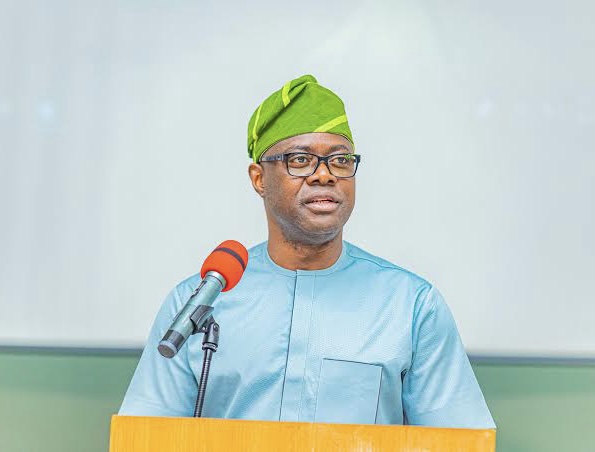The Oyo State Government, community leaders, victims and other stakeholders have a unified voice against the menace of land grabbing in the state.
The respondents expressed their unanimous views in a survey by the News Agency of Nigeria (NAN) in Ibadan on Monday.
Chief Press Secretary (CPS) to Governor Seyi Makinde, Dr Sulaimon Olanrewaju, said the government, determined to curb the menace, established the Anti-Land Grabbing Task Force in January.
The CPS said the government has resolved to check the excesses of land grabbers, popularly called ‘Omo onile’, once and for all.
He encouraged individuals whose lands or property had been forcibly encroached upon to seek redress with the task force at the state Ministry of Lands, Housing and Urban Development.
He emphasised the agency’s readiness to attend to them accordingly.
According to him, the state is ready to stop the unlawfulness by fully deploying government resources and applicable law.
“People have the right to their lands, and no one should forcibly occupy them. Such acts are now criminal under the anti-land-grabbing law.
“Forceful occupation of land is no longer acceptable. In the past, conquering land was seen as a triumph, but today, it is a crime.
“Therefore, anyone attempting this must be prepared to face the consequences,” he said.
He assured victims that erring individuals would face the full wrath of the law because the present administration has zero tolerance for land grabbing.
While condemning the act, the stakeholders advised the state government to make the task force effective enough to deter those planning such illegality.
A community leader at Aba Alamu, via Omi-Adio, Ido local government area, Chief Alaba Alayande said land grabbing brings severe consequences for individuals and communities.
He noted that it has led to displacement, loss of livelihood, economic hardship and social unrest, thus impacting the environment and exacerbating inequalities.
A leader in Ologiri Village, Ido LGA, Mr Tajudeen Ayinla, said land grabbing could be deeply traumatic, leading to stress, anxiety, and a sense of loss and dispossession.
Ayinla said that loss of land and access to resources could lead to poverty, food insecurity and reduced income opportunities for individuals and families.
According to the Baale of Ogidiland, Ona-Ara LGA, Alhaji Mohammed Abdul-Azeez, land grabbing disproportionately affects marginalised groups such as small farmers and women.
The community leader said such activities could lead to long-term disputes and unrest, leading to instability within communities. (NAN)
We’ve got the edge. Get real-time reports, breaking scoops, and exclusive angles delivered straight to your phone. Don’t settle for stale news. Join LEADERSHIP NEWS on WhatsApp for 24/7 updates →
Join Our WhatsApp Channel










